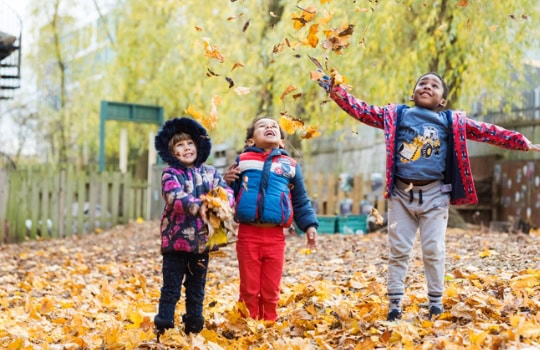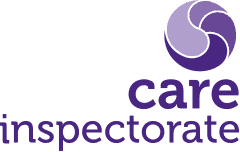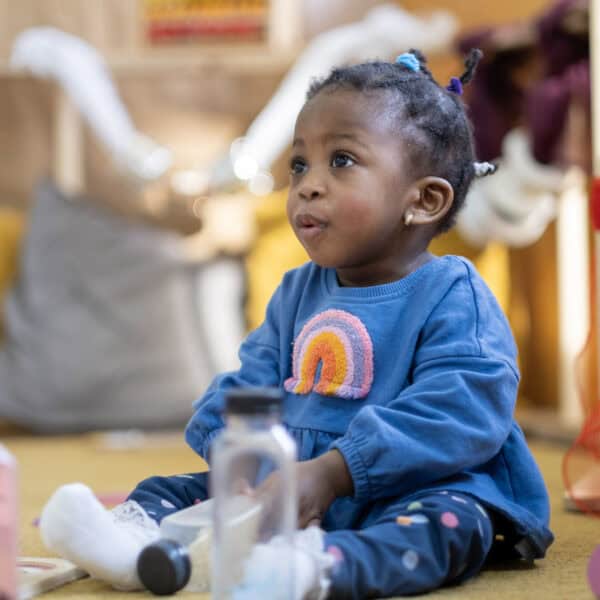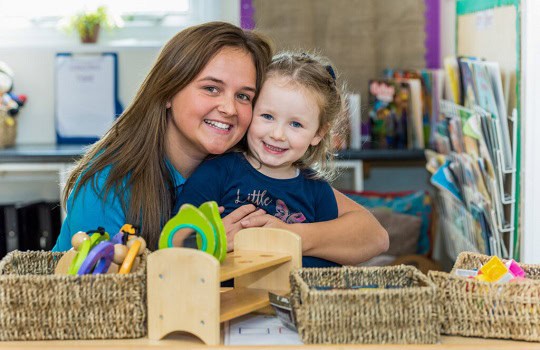This website uses cookies so that we can provide you with the best user experience possible. Cookie information is stored in your browser and performs functions such as recognising you when you return to our website and helping our team to understand which sections of the website you find most interesting and useful.
Last Updated on April 7, 2025
How do you define a child who is ready for making the transition to school?

Making the transition to school can be so overwhelming and a real upheaval for some children (and their families), if they are not physically or emotionally ready to conform to the expectations placed upon them. Yes, they may be able to count to 20, write their name and even recognise a few words, but how does this prepare them for the reality that is entering the schooling system, and all that that brings? So many physical and emotional skills and attributes are needed as a foundation to being truly ready to learn.
I believe vital skills for ‘school readiness’ include:
- Resilience, self-esteem and self-regulation, in order that the emotional challenges and frustrations that arise can be managed in a calm and rational way, so that the child is confident that even when things go wrong, they can work it out. Children need to be aware of when they are feeling stressed and learn the techniques to manage this. Self-regulation will lay the foundations for school readiness.
- Self-awareness, self-care skills and bladder control in order that they can look after their physical and emotional needs; children need to be able to identify when something is not right, what they might do about it and how to ask for help.
- Good listening and communication skills, to help them process what they are being asked to do and knowing when to ask for help.
- A strong physical core and spatial awareness so they can sit with a good posture and hold their heads up to listen to the teacher; look at the white-board and stand in a long queue for lunch, balancing a tray and negotiating those busy corridors.
- A healthy body and good physical skills in order that they can feel comfortable throughout the day, take part in PE with confidence and get themselves dressed and undressed as needed.
- Prosocial skills such as empathy, cooperation, respect and kindness will help children to see the world beyond themselves and understand that the experience of others is often different and that’s fine; helping others doesn’t take something away from them but will make them feel good.
- Ability to be inquisitive, recognise risks, problem solve, speak up and challenge what is not right – this will keep them safe…
To achieve this, we must ensure that children have plentiful opportunities to be active, access fresh air and spend time in natural environments. We need to enable them to celebrate diversity, build their confidence through experiencing the arts and being creative, alongside adults who understand and care about them. So yes…children need to read, write and know how to count in order to have the best opportunities as adults, but I believe all these things and more will arise when the priority is placed on children’s physical and mental wellbeing as an indicator that they are ready for school.









